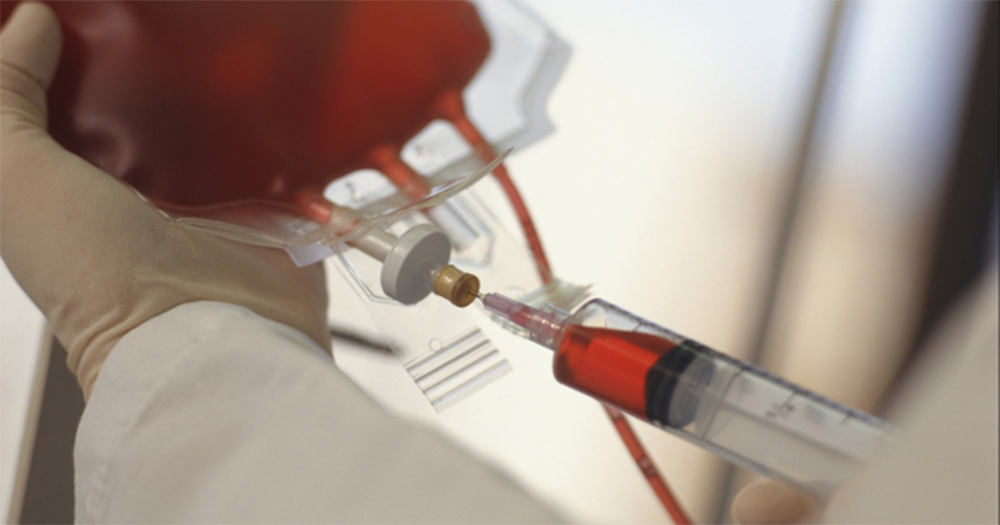In a case which could have wide-ranging implications for EU member states who operate a similar blood ban, (including Ireland and the UK), an action is being taken by Frenchman Laurent Drelon, 48, who has been prevented from giving blood multiple times since 2004 as a result of evolving barriers banning gay and bisexual men from donating blood.
France has banned men who have sex with men from giving blood since 1983 during the emergence of the HIV epidemic. It lifted the ban in 2016 but instituted new regulations preventing said people from giving blood if they’ve had sex in the previous 12 months.
Mr Drelon’s lawyer, Patrice Spinosi said: “This is the first time that the ECHR will make a decision on whether French legislation is discriminatory or not.” Mr Delon will argue that the ban is discriminatory saying that it breaches his rights to privacy for compelling him to reveal his sexuality prior to making a donation. The abstinence rule, according to Spinoise, “is based solely on a person’s sex and sexual orientation… and violates the right to privacy”.
While there is a shortage of available blood supplies in blood banks worldwide, over 40 countries still ban sexually active gay and bisexual men from donating. Many of the barriers that prevent people from donating blood emerged during the AIDS epidemic and were seen at the time as essential in stopping the spread of infection. However, advances in screening methods and better understanding of the virus have resulted in recommendations that the bans be lifted. Many countries over the last few years have lifted the outright bans but still operate deferral periods which require abstinence from gay men for periods up to 12 months.
In recent news, the Peter Tatchell foundation in the UK released a ‘Screen The Blood’ video ahead of World Blood Donor Day criticising the blood ban and issuing a challenge to governments worldwide – screen the blood, not the sexuality.
© 2018 GCN (Gay Community News). All rights reserved.

